Burundi: Bujumbura city
2012/12/16
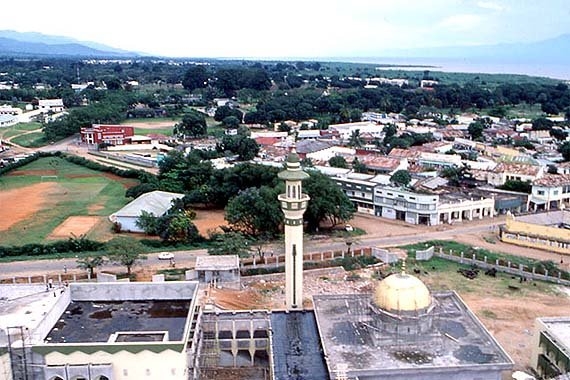
Bujumbura city is located in western Burundi, on the shores of Lake Tanganyika. Bujumbura it is surrounded by the province of Bujumbura on the north by the municipality Mutimbuzi, to the east by the municipalities and Isale Kanyosha and south by the municipality Kabezi.
With an area of 86.54 km ², the terrain is characterized by a low-lying plain that rises from west to east with an altitude of 774 m at the lake and at the foot of the 1,000 m high cons of the region's natural Mumirwa.
The climate is relatively hot with a temperature of from 20 to 30 ° C. The average rainfall is 1,000 mm / year.
According to the latest census of 1990, Bujumbura Mairie had 235,440 inhabitants. The Town Hall had then nine areas and is currently composed of 13 municipalities. Based on data provided by the municipalities, the population would now be about 550,000 inhabitants.
- Related Articles
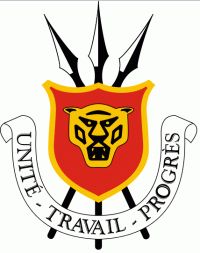
Burundi Outlook for 2016-17
2016/05/28 Country Overview
safewater
2015/11/12 Gal Water Technologies Ltd. is backed by 20 years of experience in supplying water treatment systems for Industrial, Agricultural and Consumable water.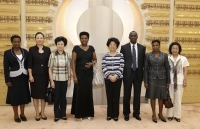
Bilateral cooperation in business, culture and education made smooth evolution.
2015/10/01 In 2013, the friendly and cooperative relations between the People's Republic of China and the Republic of Burundi enjoyed sound increase. The two sides maintained political exchanges. In March, Burundian President Pierre Nkurunziza, President of National Assembly Pie Ntavyohanyuma and President of the Senate Gabriel Ntisezerana sent congratulatory letters respectively to Chinese President Xi Jinping, NPC Chairman Zhang Dejiang, and CPPCC Chairman Yu Zhengsheng on their elections.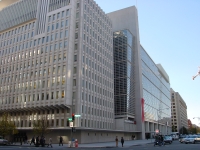
The World Bank fails to credit the intelligence of the world’s poor
2015/01/31 At the same time as a statement by the world’s most influential development agency provides evidence that a lot of of its staff are “biased” in their perceptions of the poor and their needs, one may expect eyebrows to be raised. At the same time as the president of that institution — the World Bank, no less — acknowledges the flaw and goes on to call for “measures to mitigate these biases, such as additional rigorously diagnosing the mindsets of the people we are trying to help”, jaws should be dropping.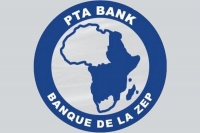
the Eastern and Southern African Trade and Development Bank
2014/05/28 PTA Bank, one of Africa’s major development banks, was in crisis at the turn of the millennium. But it has since turned itself around and boosted its capital base, meaning that its chief executive is confident in saying that it is finally able to fulfil its role of fostering regional trade in eastern and southern Africa.
- Burundi News
-
- DJIBOUTI CITY: East Africa moves to curb used car imports, boost local assembly plants
- BOTSWANA: Routes Africa forum aims to improve African air connectivity
- BOTSWANA: Economic integration is helping boost trade and investment in Africa
- BOTSWANA: Africa’s economic growth is likely to be slower in the intervening years
- BOTSWANA: Beyond Commodities: How African Multinationals Are Transforming
- BURUNDI: Burundi says 'fine' with request for U.N. police deployment
- Trending Articles
-
- CHINA: United States sees China investment talks ‘productive’ after new offers
- AUSTRALIA: Australia taxes foreign home buyers as affordability bites
- SERBIA: China’s Xi sees Serbia as milestone on new ‘Silk Road’
- INDIA: Indian central bank chief to step down in surprise move
- THAILAND: Foreign investment plummets in junta ruled Thailand
- SOUTH AFRICA: South Africa to extend ICT reach













